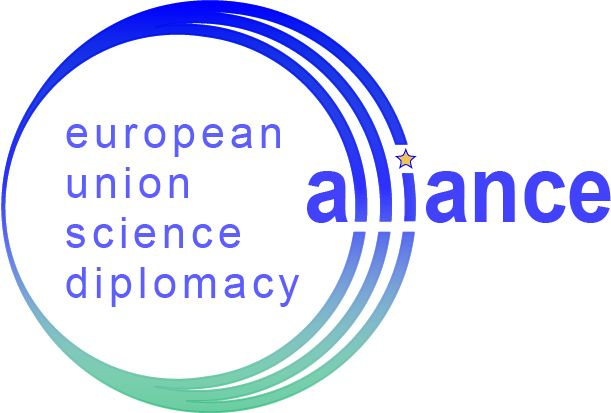The movement of scientists and STEM students from developing countries to their developed counterparts has been a global phenomenon, with implications for human resource development and building knowledge capital. Such mobility has been treated as a worrisome pattern, emanating from “brain drain” – “brain gain” dichotomy, in the light of the North-South divide. However, with globalization and technological advancements in the developing South. the concept of “brain circulation” was realized. Additionally, Science Diplomacy has brought in innovative practices and mechanisms to facilitate networking, cross-border learning, and sharing of knowledge amongst individuals and institutions. The role of Science Diaspora is critical amidst the concurrence of different policies, processes, and practices. Hence, it is significant to reflect on the nature of Scientific Diaspora, showcasing diversities of socio-cultural values and ethnicities and their role in leveraging knowledge networks, building national/subnational STI ecosystems, and harnessing the benefits of science for societal good.
This Research Topic aims to showcase discussions on the engagement of scientific diasporas for the development of their country of origin. The intense mobility experienced by scientists from the Global South could become an asset for developing countries to have access to the knowledge and technology they desperately need to tackle their challenges. Highly educated human resources emigrate due to numerous factors; articulating such valuable scientific diasporas and channeling their contributions to strengthen the science and technology contexts back home requires decisive, effective, and good quality policies. The first step requires identifying, mapping, and characterizing such a scientific workforce. Then, devising mechanisms, incentives and designing sustained policies becomes mandatory.
We invite manuscripts in relation to engaging scientific diasporas for development in the following subtopics:
● Brain Drain, Brain Gain, Brain Circulation
● Scientific mobility and migration of skilled talent – Socio-economic, cultural, political, and institutional aspects.
● Knowledge Networks and Technology Transfer
● Scientific Diaspora and Capacity Building
● Identities, Cultures, and Global Scientists
● Mega Science and International Research Consortia
● International STEM Education
● Science Diplomacy/Innovation Diplomacy and Foreign Policy
● Gender, Equity and Science Diasporas
Cover Image Credits: Vector de Tecnología creado por starline – www.freepik.es
Keywords: Scientific Workforce, Scientific Diasporas, STI Policy, Diaspora Scientists, Scientist Mobility, Knowledge NetworksImportant Note: All contributions to this Research Topic must be within the scope of the section and journal to which they are submitted, as defined in their mission statements. Frontiers reserves the right to guide an out-of-scope manuscript to a more suitable section or journal at any stage of peer review.



